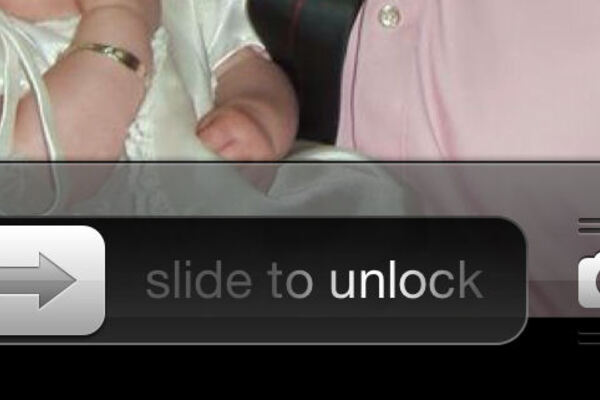Apple seeks $2 billion from Samsung in new trial on key patents
James Delahunty
2 Apr 2014 7:51

For the third time in just a couple of years, Apple and Samsung have gone to trial in a patent dispute case, with the Cupertino-based iPhone maker asking for a staggering $2 billion.
The trial commenced on Tuesday in a San Jose, California federal court. Apple is asking the jury to award it $2 billion in damages from the South Korean firm, which it accuses of violating a group of patents. It also wants a sales ban against allegedly infringing Samsung devices to be imposed.
Apple had previously won a $930 million reward when a different jury sided with it, but U.S. District Judge Lucy Koh refused to issue a permanent injunction against Samsung devices.
The South Korean consumer electronics firm is aggressively defending itself from claims made by Apple that it "slavishly" copied its iPhone and iPad tablets, and is now insisting that Apple's real target is its nemesis, Google.
New trial, new patents
So what is Apple accusing Samsung of violating at this trial? There are five key patents covering software features in the iOS-running iPhones, and Android-running Samsung devices, that Apple claims are being violated.
The first covers a feature familiar to all smartphone users: slide-to-lock. On an iOS device, a user manually pushes a slidebar from left to right in order to unlock the device, and Apple claims Samsung devices copy this feature. However, the slide-to-lock feature in Android and Samsung's devices is notable different to that on Apple's devices.
Another dispute covers the ability to tap information in text messages and get options on what to do with it automatically, such as tapping a phone number and getting options to call the number, or store a new contact. Apple claims a patent it was awarded in the '90s covers this feature. Such features have been present in devices pre-dating Android and iOS though, such as Symbian-running devices from Nokia.
Auto-correct is also an area of dispute. On an Samsung device or an Android device in general, an auto-correct feature offers the user options to select while they are typing in order to complete a word faster, or get the spelling correct. Apple claims that because tapping the spacebar button chooses the default option being offered by auto-correct, that this feature was stolen from iOS. In Apple's mobile operating system, tapping the space button mid-word will automatically complete the word too.
Universal Search is another area of contention, as Apple claims it owns a patent covering a search feature that allows a user to search within apps and data locally on the device, and externally on the web or web sources.
Last but not least is a dispute over patents covering background syncing, like when you save information in an app and it is automatically synced wirelessly with a cloud service.
Arguments presented in court
Apple's position is quite clear: Samsung stole features from Apple's iPhone devices and have since sold over 37 million devices that have these stolen features. Harold McElhinny, attorney for Apple, claims that Samsung made the decision to copy Apple several years ago because it knew it couldn't compete.
He showed footage of Steve Jobs introducing the iPhone in 2007, citing over 200 inventions that revolutionized the industry and differentiated Apple's product from others. Later, Philip Schiller, who heads up Apple's marketing practices, testified that he was shocked at the level of copying in Samsung's products.
Samsung wasn't about to sit back and take the allegations that it is an intellectual property thief, and pointed out that Samsung devices run Android, an operating system made by Google, and that Apple's focus is not on Samsung at all but on the search giant.
"What this case is really about is Apple trying to limit consumer choice and to gain an unfair advantage over its one main competitor, Google's Android," Samsung attorney John Quinn said, reports Reuters.
Responding to the citation of the late Steve Jobs introducing the iPhone, Quinn produced a document in which Jobs himself described Apple as being in a "holy war" with Google, and even expressing concerns about Apple's ability to compete in the market.
On top of that defence, Samsung also accuses Apple of violating two of its patents.
Sales Ban - The Real Goal
$2 billion is undoubtedly a lot of money, but real damage could be inflicted on Samsung if Apple were to convince the court that Samsung devices should be subjected to a sales ban.
Apple failed to previously convince Judge Lucy Koh to impose a ban when it presented research conducted by a third party which sought to show the importance of certain features to consumers. Koh found that the research likely overstated such importance, but Apple has reportedly enlisted the same firm to carry out research again to show how features drive consumer demand in the competitive environment.
The trial is likely to last through the month and into May.
Sources and Recommended Reading
Reuters coverage of day one: http://www.reuters.com/
Florian Mueller on Apple's case: http://www.fosspatents.com/